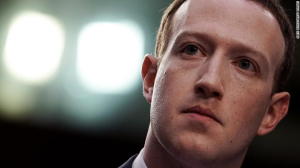 Let’s start with something that should seem obvious.
Let’s start with something that should seem obvious.
Facebook is no longer a social network. It’s the global telecommunications company.
It became this by offering free services on a global scale. This came about thanks to its investment in cloud, beginning early in the last decade. While AT&T sat on its assets, along with all the companies once known as PTTs (Postal, Telegraph and Telephone services), Facebook put $1 billion/quarter and up into a network of cloud data centers.
Facebook did it the same way Amazon did, with cash flow. It made its services free, like Google.
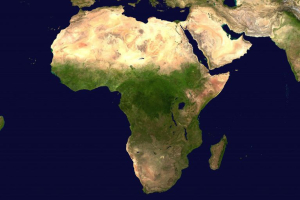 In the world Facebook now occupies, the First Amendment is a local ordinance. To maintain its services, Facebook must face down many governments who are not friendly toward democracy or freedom.
In the world Facebook now occupies, the First Amendment is a local ordinance. To maintain its services, Facebook must face down many governments who are not friendly toward democracy or freedom.
It has power in these negotiations. Turn off the power of Facebook and a state’s economy can disappear. People within the state can’t communicate, and they can’t link with trading partners elsewhere, either.
But this power is also limited. If Facebook tried to stifle the voices of those who support India’s Narendra Modi, it might lose access to that market as it has lost access to China.
So, by what right does the American left demand Facebook stifles the voices behind Donald Trump, or even Trump himself? Because they’re lying liars, who are lying about everything and spreading disinformation? Who determines who is a lying liar whose voice must be stifled? In most countries, it’s either courts or the executive. In the United States, both these institutions are currently under the control of Donald Trump.
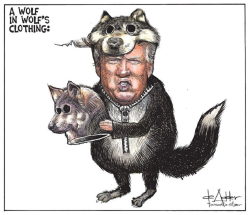
Who decides truth? Facts should, in the end, hold sway, but when people disagree on facts, do we expect a neutral third party to arbitrate?
In this, Facebook is like the telephone company. It’s a common carrier. You can’t stop Trump, or any conspiracy theorist, from using the phone. In theory you’re not supposed to even know what they’re saying. This is the power Facebook claims for itself.
I know what you’re going to say next. There’s a difference between a phone call and something that’s published. Voice is a low-bandwidth Internet activity, as I’ve written many times. It’s also a broadcasting medium. Is every country, then, to regulate what is placed on Facebook, using the rules that apply to broadcasters? There are countries, like Australia and England, that want to do that. How about the laws regarding publishers? Is every citizen now to be forced into the legal strictures of publishers?
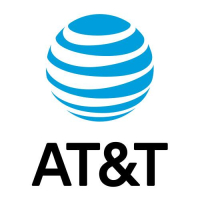
If you make everyone a broadcaster, there are many, many thoughts that can’t be expressed online, many images that can’t be shone. The same is true if we make everyone a publisher. We’re applying the rules of ABC to what are essentially your phone calls.
Facebook is trying, with some success, to navigate this, all while maintaining its advertising-driven business model. It needs advertising so communication remains free, as in beer. It needs something like common carrier status, so services can be open.
Google is trying to do the same thing. It’s under less pressure because it’s not dealing with data so much as meta-data. Governments have successfully restricted the use of meta-data, to the point where if someone commits a crime in Europe, they can now have knowledge of that crime hidden from view under the so-called “right to be forgotten.” I know this is bullshit but if you can’t find something easily, it becomes a needle in a haystack.
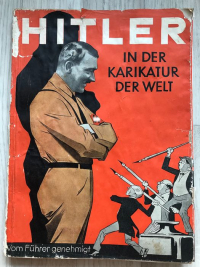
But who are the cops in this instance? It can’t be Facebook because that makes Facebook into the government. You’re going to give Facebook prior restraint on people?
Freedom is a messy business. When a government chooses to lie to its own people, or let others lie on its behalf, it’s a big problem. Sasha Baron Cohen is right. If Facebook had existed in the 1930s, it would have let Hitler post 30-second ads.
We won anyway.
People are the ultimate control. We’re the arbiters. We decide what’s true and what’s not. Andrei Lukashenko told the people of Belarus he was re-elected, but the people knew he wasn’t. They’re revolting peacefully against his rule. Either Lukashenko goes or Belarus becomes Zimbabwe.
There’s too much money in tech, our economy is just too big, for us to even become Belarus, let alone Zimbabwe. Facebook, then, must be allowed to let Trump lie. It’s up to the people to call out the lies and reject the liars, so long as Trump is in power.
I’m naïve enough to believe we can do it. Maybe I’m wrong. Maybe most Americans are idiots.
But if we are, it’s democracy that was the lie









